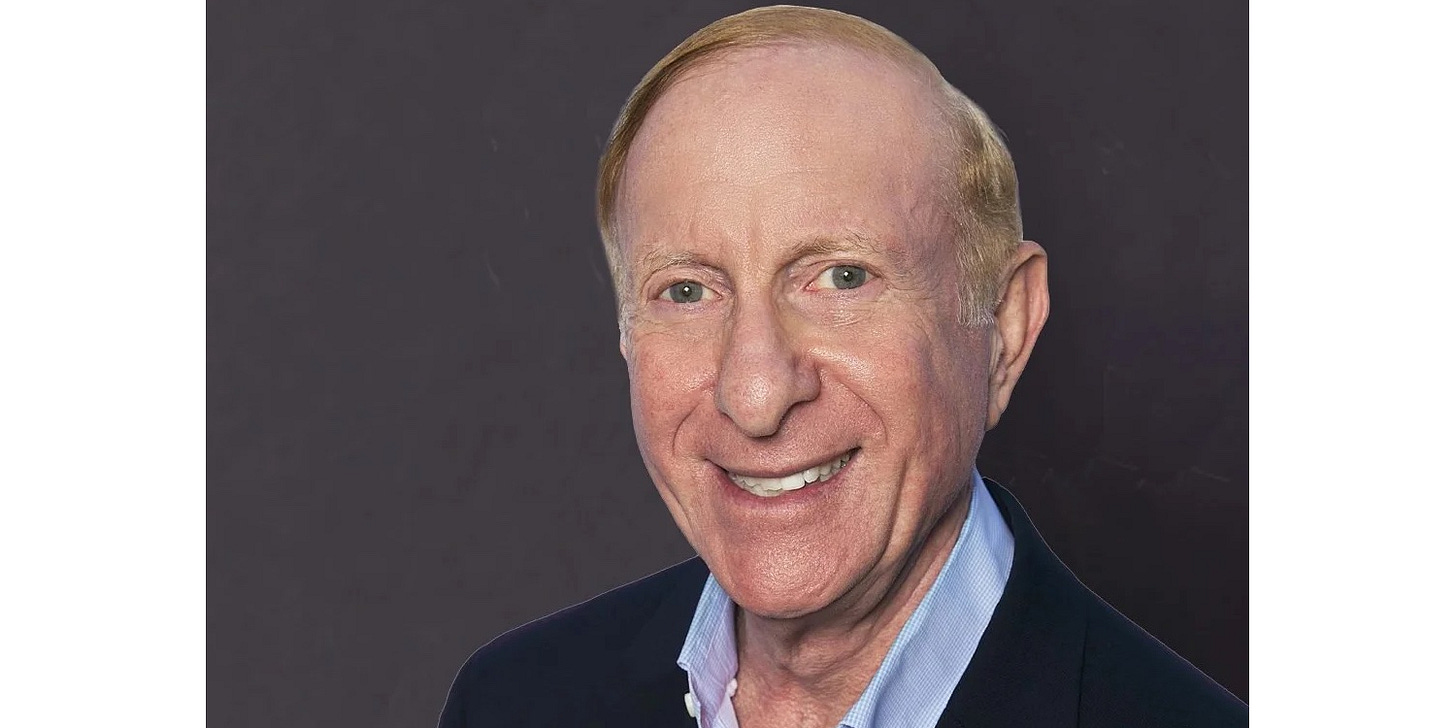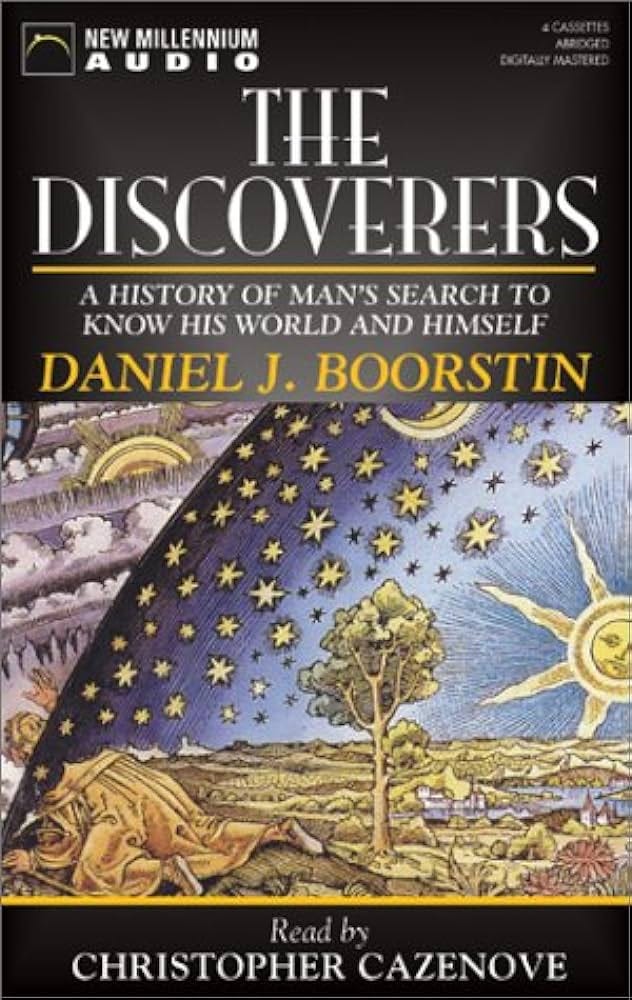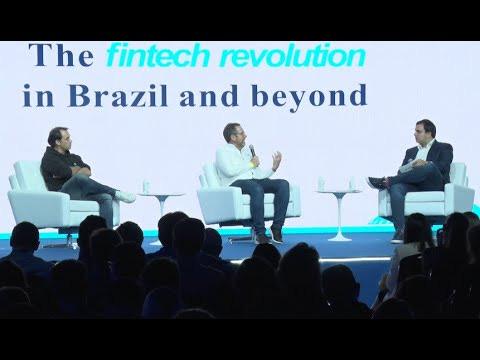This article is part of Fintech Leaders, a newsletter with almost 60,000+ builders, entrepreneurs, investors, regulators, and students of financial services. I invite you to share and sign up! Also, if you enjoy this conversation, please consider leaving a review on Apple Podcasts, Spotify, or wherever you get your shows so more people can learn from it.
Today I bring you a living legend. In this episode, I sit down with Howard Morgan, Chair and General Partner at B Capital, a global investment firm with $6.3 billion in AUM and 160+ portfolio companies.
Howard is also a true technology pioneer. He was one of the first people in history to experience the web, and had computer #50 on the ARPANET. His research also contributed to the development of the modern internet.
Howard is also a trailblazer of tech investing, having co-founded firms like Renaissance Technologies with Jim Simons, and First Round Capital with Josh Kopelman.
In this episode, we discuss:
Bringing the internet to Wharton and sending his first email in the early 70s
"I had machine number 50 on the ARPANET. It was started in 1969. I got on in 1972-73, but even so, there were only a few 100 people at that time, maybe 1000 that were on the net… I could see right away that some things were going to change the world email in particular. In fact, one of the Philadelphia Inquirer, people quoted me saying, ‘Dr. Morgan believes someday executives will type their own emails, they'll have fewer secretaries. Ha ha, ha.’ And I think I got it right.”
The ARPANET was the precursor to the modern Internet, developed by the U.S. Department of Defense's Advanced Research Projects Agency (ARPA) in the late 1960s to allow multiple computers to communicate on a single network. Despite the computer science department at UPenn initially declining ARPAnet involvement, Howard brought it to the University in 1972 during his time as a Wharton Professor and had computer #50 on the ARPANET. Over the following years, Howard contributed to the field of computing and the internet by developing many innovations still used to this day. He was early in recognizing the profound impact of digital connectivity, and tools like word processing and email.
Building Renaissance Technologies, the best-performing fund of all time
In 1982, Jim Simmons and Howard Morgan launched RenTech. Jim was CEO (still is) and Howard was President. From its inception, RenTech has placed a significant emphasis on data, notably accumulating a 45-year tick-by-tick database that no other firm possesses. This unique collection allows the firm to conduct superior simulations and analyses across varied market regimes. The firm’s signature Medallion Fund is likely the best-performing fund of all time, delivering net annual returns of over 40% for 30+ years. Renaissance boasts an impressive quant team, composed of PhDs from various fields like statistics, computer science, physics, and astrophysics. Interestingly, most of these hires have no traditional background in finance or financial markets. Their primary strength lies in analyzing time series, making them integral to the firm's success.
Lessons for founders and investors after 50 years of investing in tech companies, including the seed rounds of Uber, Square, and Roblox
“There are signs that the founders can be successful. But whether the idea can be successful depends on the timing, right?”
Howard Morgan co-founded First Round Capital alongside Josh Kopelman. Initially created as a $7 million seed-stage fund, it quickly grew thanks to investments in amazing startups. According to Howard, a unique feature was the firm's networking strategy, allowing founders from their portfolio to assist each other through their platforms. This networking resulted in startups benefiting from collective wisdom and rapid peer feedback, enhancing First Round's value proposition to founders.
First Round also created a policy for entrepreneurs who had previously made money for the firm. These founders would automatically receive $250k of funding and a desk for their next venture, with no questions asked. Notably, Garrett Camp co-founder of StumbleUpon was one of these beneficiaries, who after selling his first company Co-Founded Uber and had First Round as their early investors.
The fund had a mix of notable investments and missed opportunities. They invested in successful companies like Square and Roblox, but initially missed out on Twitter due to an initial rule of a valuation cap beyond $10 million. The Roblox investment is a fun one that stood out, as it was the enthusiasm of the CEO’s 8-year-old son that convinced them of the company's potential. It’s clear that while strategy and insight played significant roles, serendipity and luck were also integral to their success.
Building a truly global investment firm at B Capital
“We pride ourselves in telling companies that we can really help them, take them global. So if we find a great company in India, we can, and with BCG’s help, get them customers all over the world very quickly.”
Howard Morgan joined B Capital, attracted by its B2B focus, global presence, and partnership with the Boston Consulting Group (BCG). This allowed the firm to access a vast network and expertise, especially in helping startups expand globally. B Capital's rapid expansion has led to a significant global footprint with offices in multiple locations worldwide. Additionally, their partnership with BCG allows the firm to assist startups in rapidly expanding their client base across continents. The firm's global investment strategy sets them apart from many other venture funds, as they can truly help startups operate on an international scale, which has been a crucial factor in their success and appeal to entrepreneurs.
The Impact of GenAI and why every company should be leveraging enterprise AI tools today… and a lot more!
“There will be large players coming up in the application space. So, if you look in general, there's sort of an operating systems player. And then there's a middleware of players. And then there's the application layers. And it's the application layers that create very big companies. And that's what we're mostly focused on. That layer.”
AI, especially Generative AI, will be an integral part of many business processes. There's a focus on investing in companies with proprietary data, allowing for specialized vertical AI applications. Tools like large language models enhance business efficiency, as demonstrated by B Capital's internal use where these models assist in the analysis of extensive investment reports, intelligence gathering, and sourcing.
While there will always be foundational AI entities, Howard believes the real growth potential lies in the application layer, creating solutions tailored for specific business needs. Middleware companies, such as Labelbox and DataRobot, play essential roles in preparing data for AI models. Although investing in foundational AI might become challenging due to the required capital, application-layer companies remain a promising investment area and that’s where we might be seeing very large companies pop up in the coming decade. Major players like Microsoft, Google, and Meta are poised to significantly benefit from the AI revolution, integrating AI into multiple platforms to enhance user experiences.
Finally, Howard is convinced the user interface landscape is expected to shift over the next five years, with voice becoming a primary mode of interaction. This transformation, hinted at by Bill Gates in the 90s, will redefine human-computer interaction, making voice interfaces more prevalent in enterprise and commercial settings.
Howard’s book recommendation: The Discoverers (amazon link)
Want more podcast episodes? Join me and follow Fintech Leaders today on Apple, Spotify, or your favorite podcast app for weekly conversations with today’s global leaders that will dominate the 21st century in fintech, business, and beyond.
Previous Episodes You May Enjoy:
Video Highlights You Will Definitely Like:
Miguel Armaza is Co-Founder & General Partner of Gilgamesh Ventures, a seed-stage investment fund focused on fintech in the Americas. He also hosts and writes the Fintech Leaders podcast and newsletter.




























Share this post